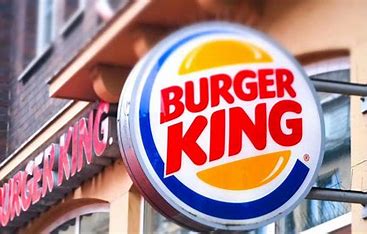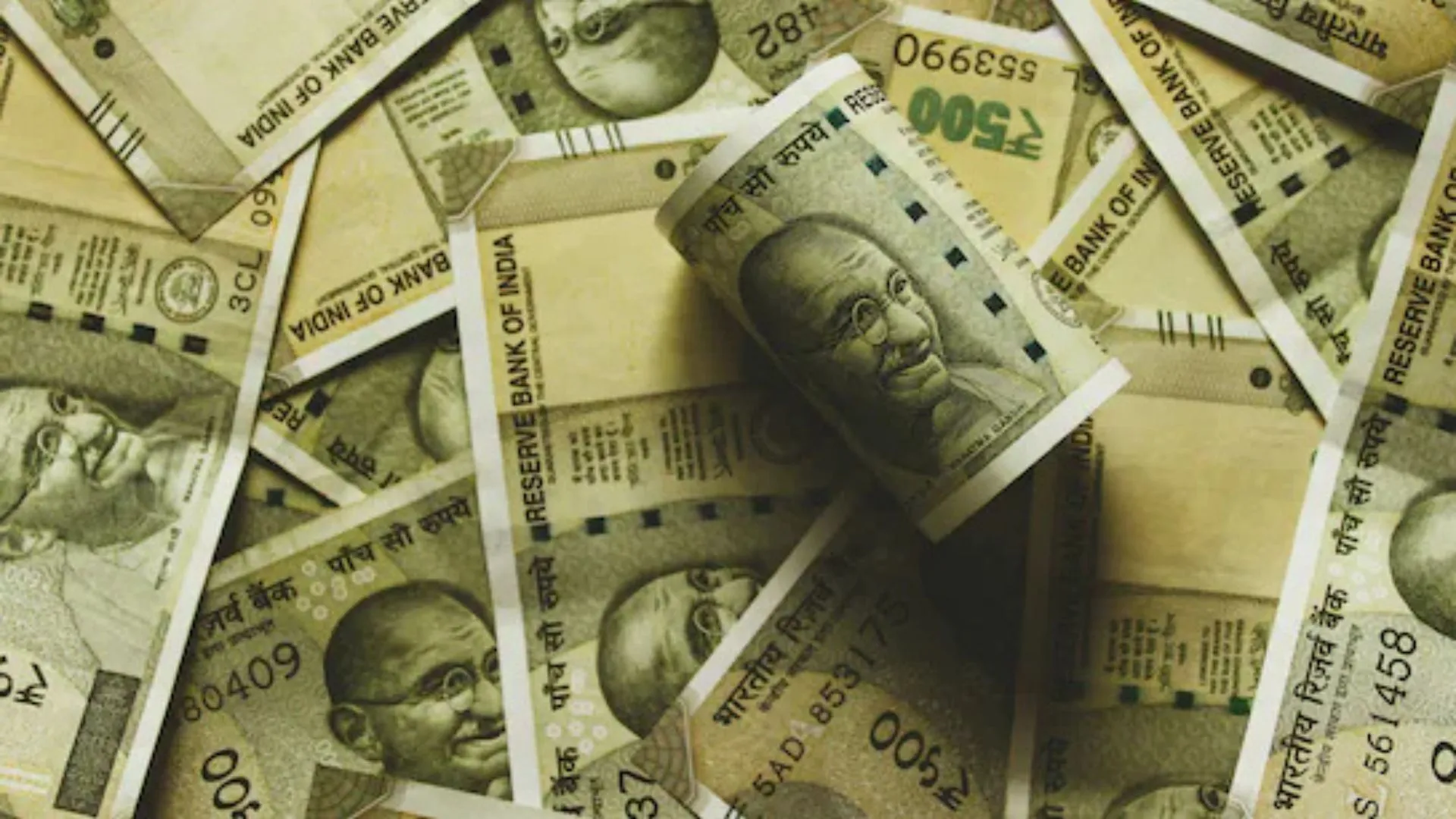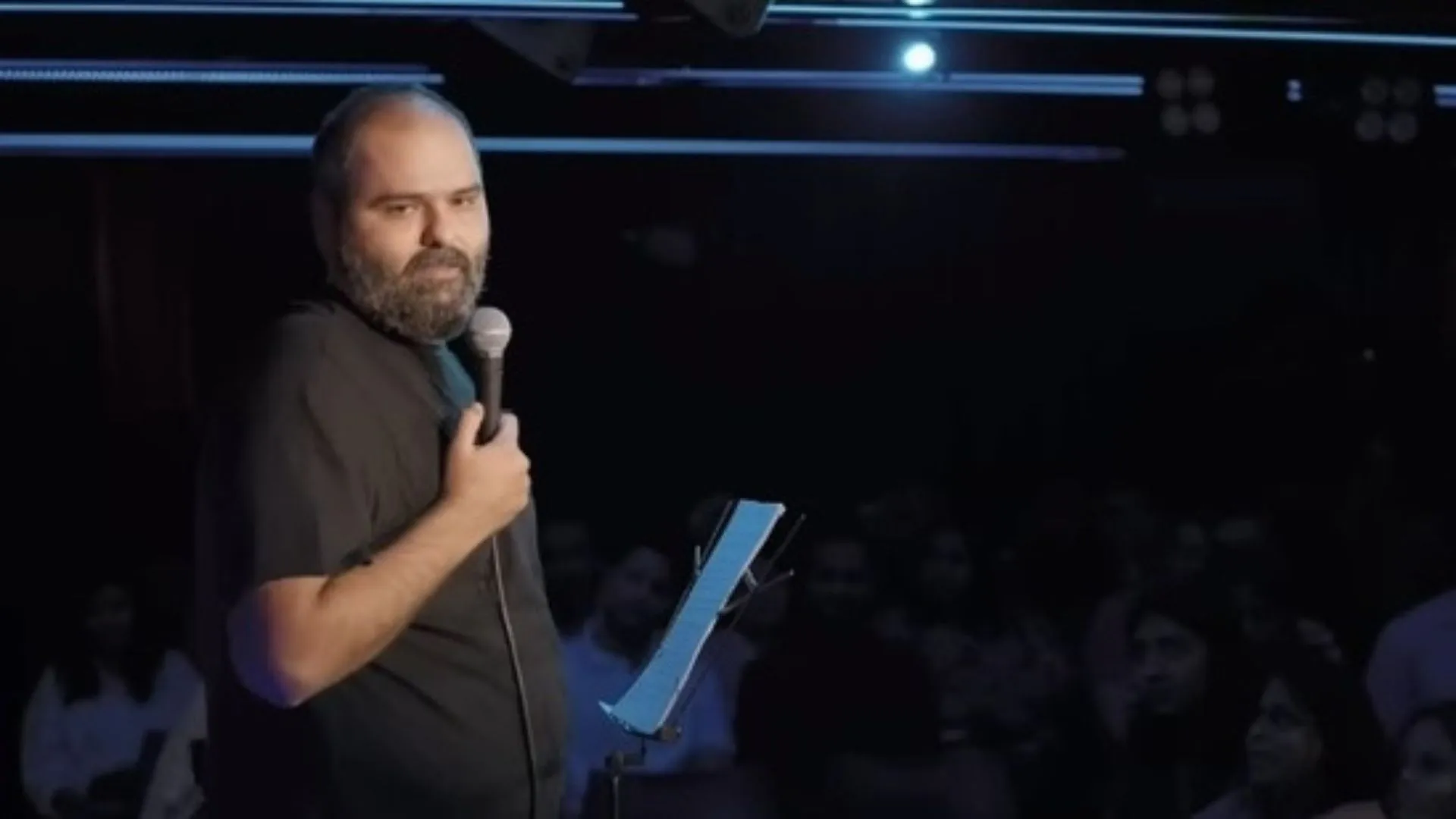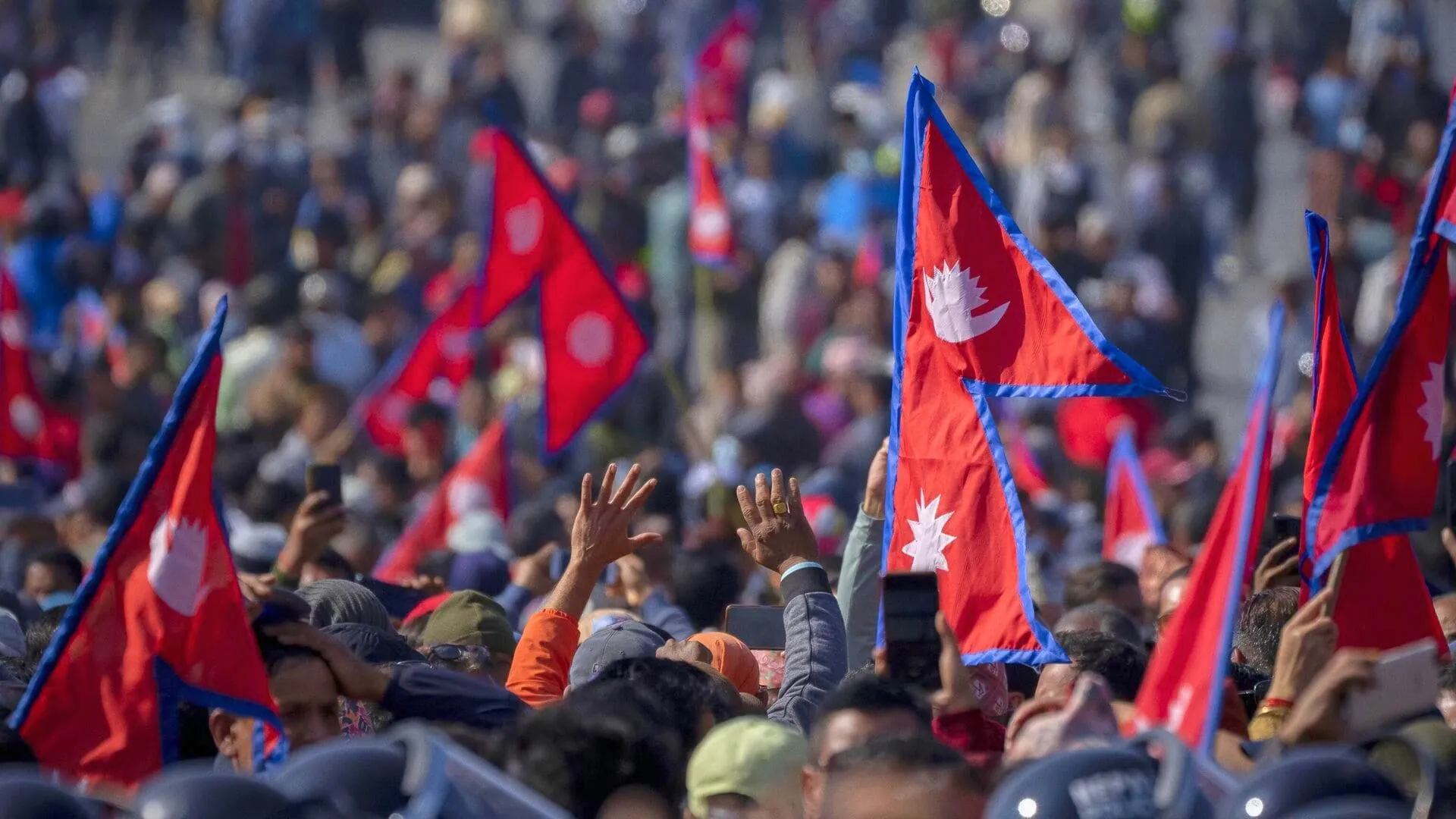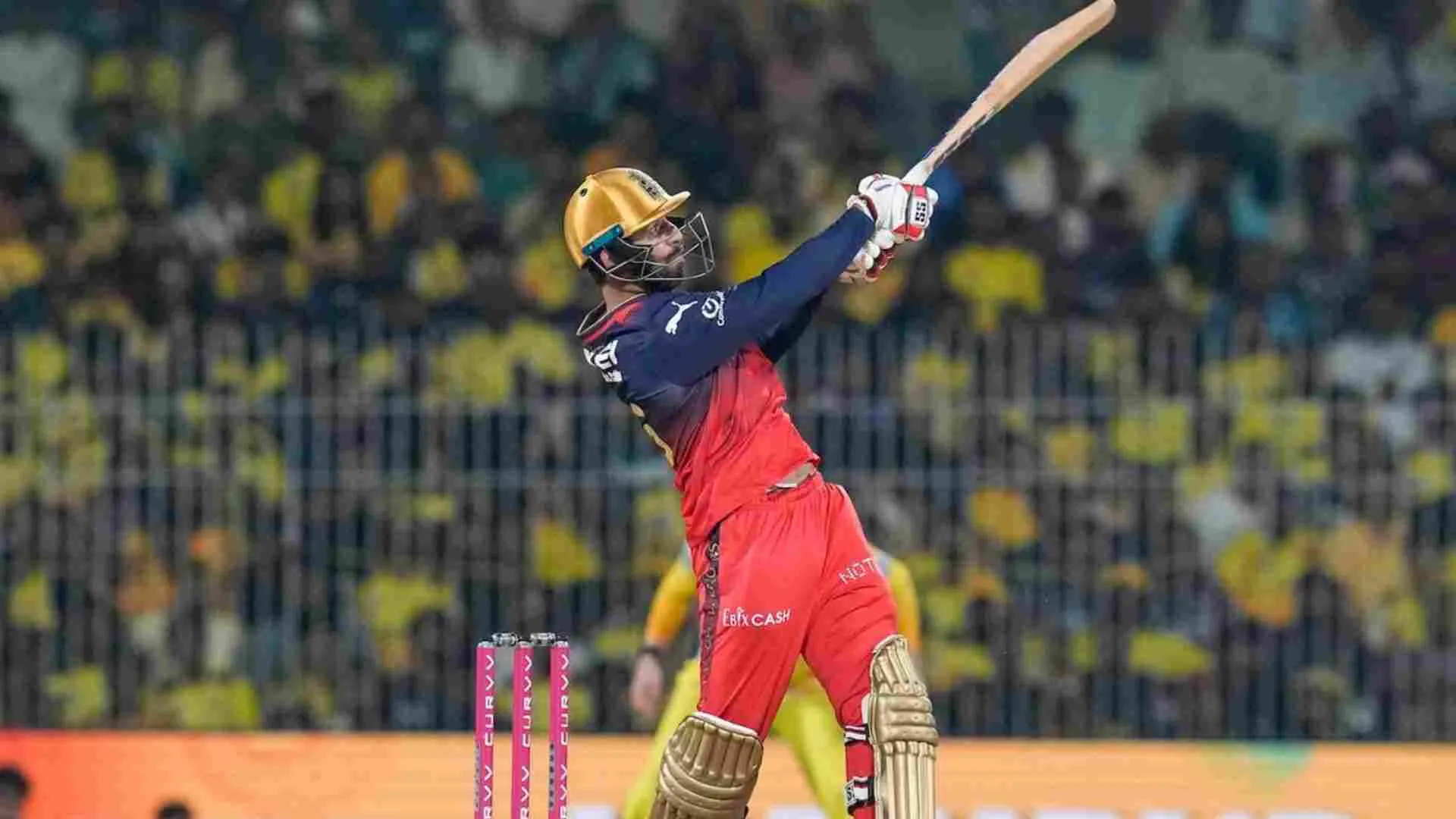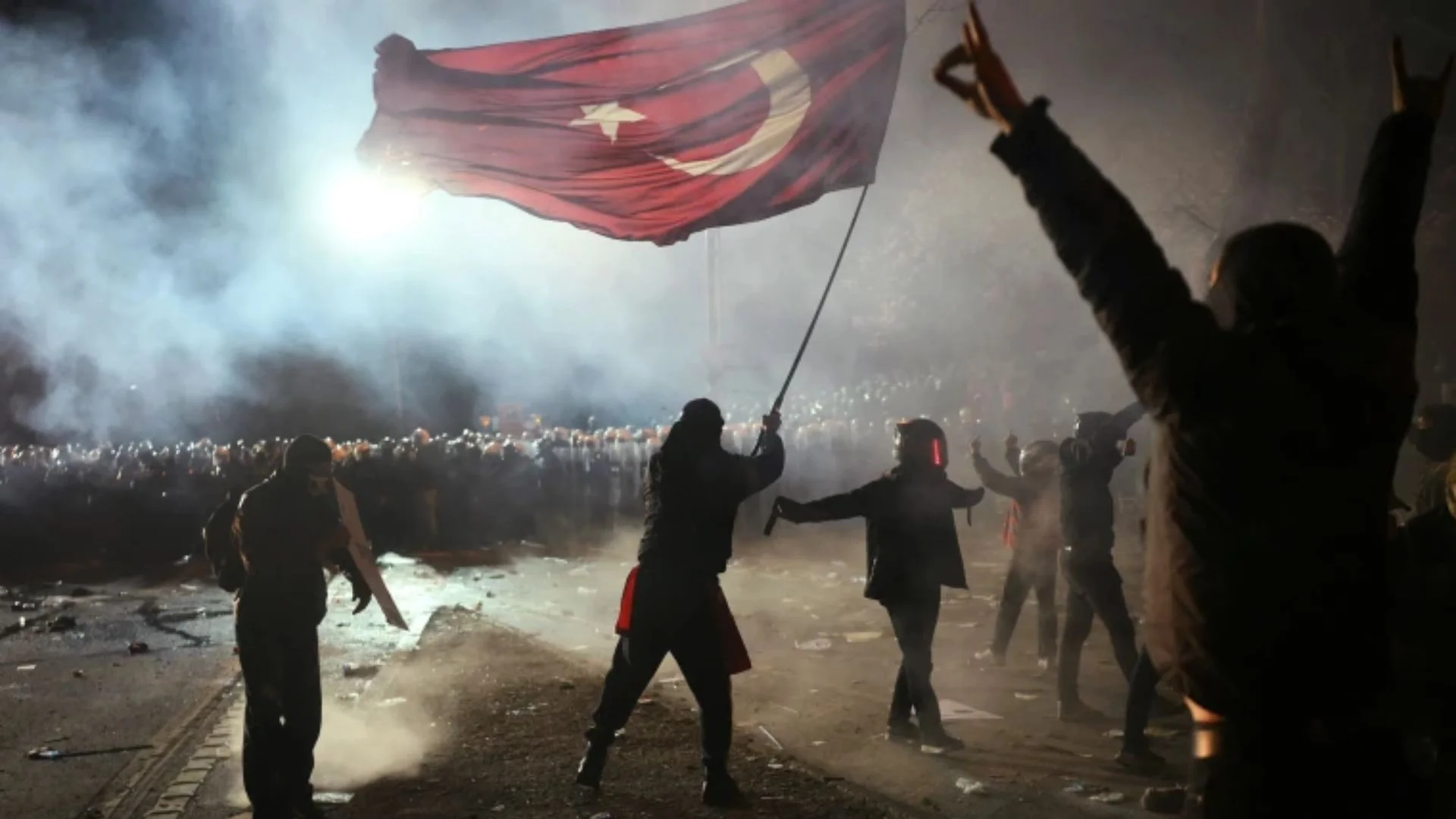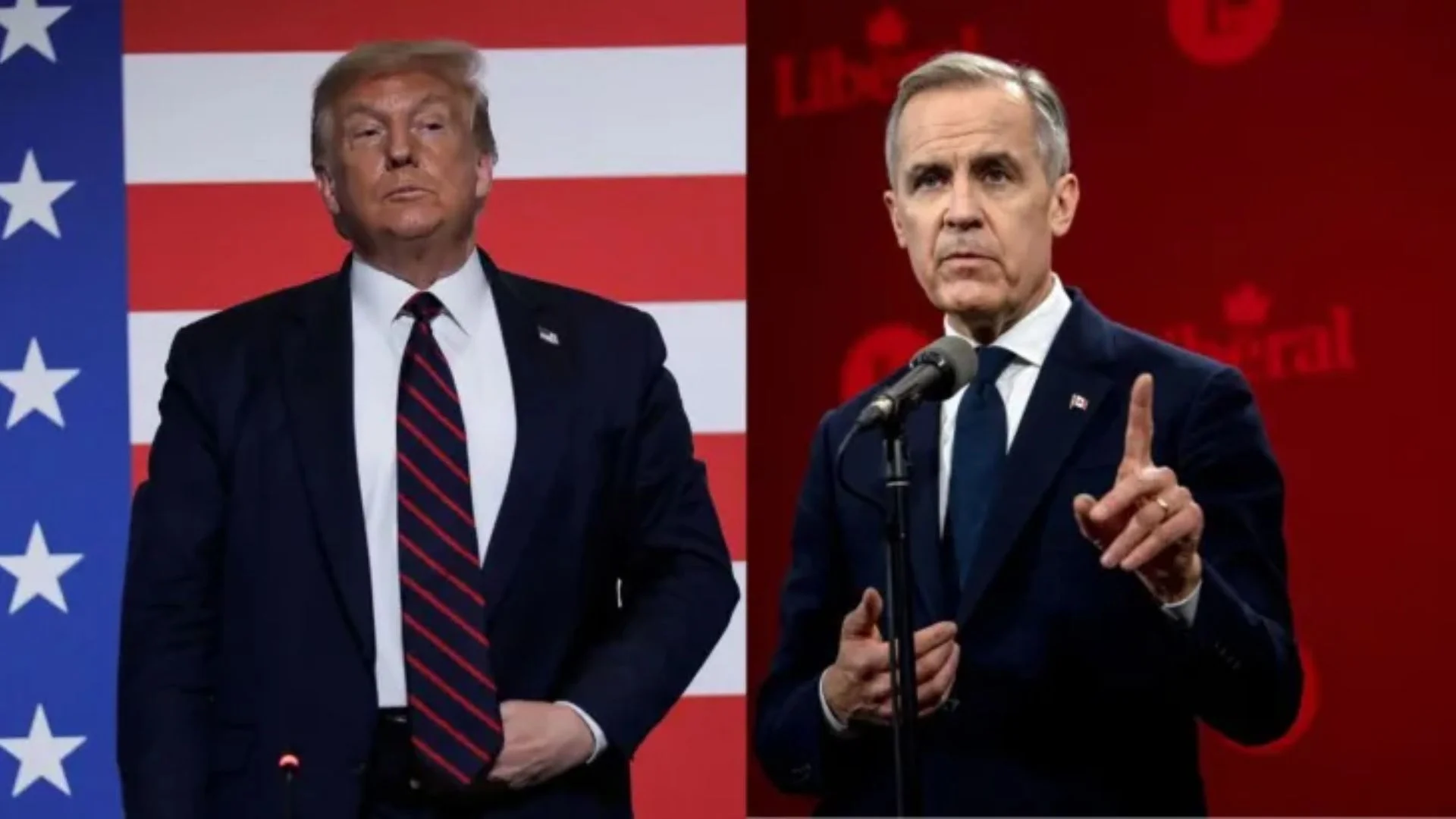Pune: In a surprising verdict, a Pune district court has dismissed a 13-year-old lawsuit filed by the American fast-food giant Burger King Corporation against a locally-owned restaurant operating under the same name. The US-based company had accused the Pune-based Burger King of trademark infringement and sought an injunction to stop the use of the name, along with damages.
Local Eatery’s Longstanding Use of the Name
The court’s ruling favored the local restaurant, highlighting that it had been using the name “Burger King” since 1991-92, well before the international chain entered the Indian market in 2014. The court noted that the plaintiff’s first Indian Burger King outlet was established in New Delhi on November 9, 2014, long after the local eatery began operations.
Lack of Evidence
The court found no substantial evidence to support Burger King Corporation’s claims that the use of the name by the local restaurant caused confusion among customers or led to financial losses for the company. The judge stated that the US-based chain had “miserably failed” to prove any trademark infringement by the Pune eatery.
Court Refuses Monetary Damages
The owners of the Pune restaurant, Anahita and Shapoor Irani, had counterclaimed for damages amounting to Rs 20 lakh, citing harassment due to the prolonged legal battle. However, the court declined to award any monetary relief, stating that the Iranis had failed to provide sufficient evidence to substantiate their claims beyond oral testimony.
Implications for Future Trademark Disputes
This ruling could have broader implications for trademark disputes in India, especially involving well-established local businesses and multinational corporations. It serves as a reminder that historical usage and the lack of evidence of confusion or financial harm play critical roles in such legal battles.
The case highlights the importance of proving actual damage and customer confusion in trademark disputes, and may influence how similar cases are handled in the future.

